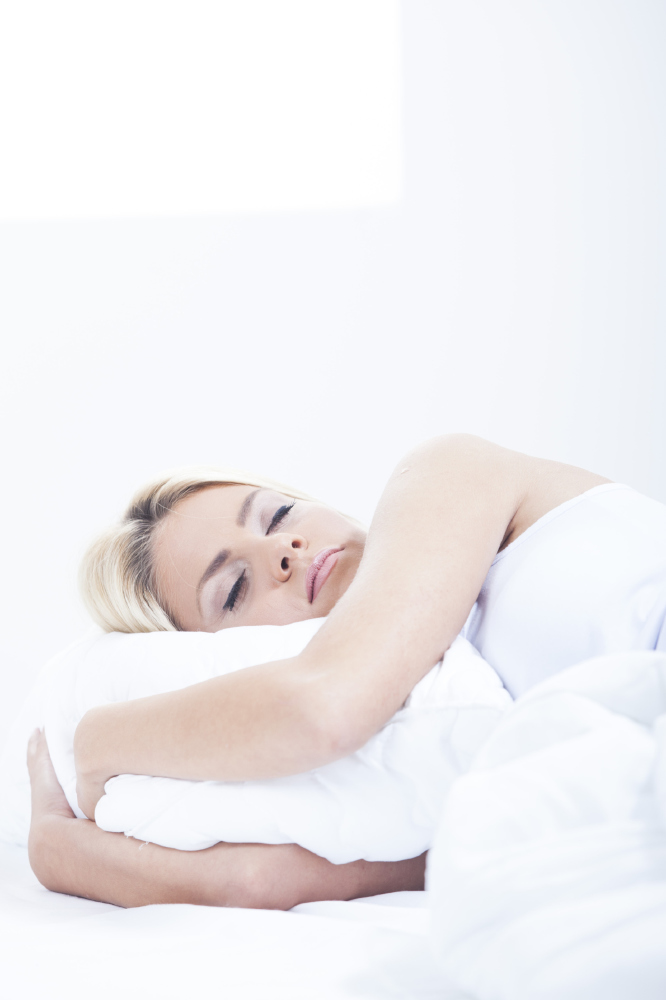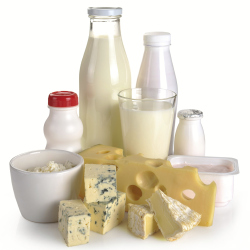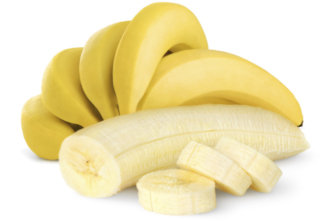
The foods you eat could help you sleep better
The right food can definitely help get you in the mood for sleep. And as the clocks have gone back today, what better way to ensure you have a good night's rest throughout the winter than by making small changes to your diet.
According to The Sleep Council, certain foods are known to aid sleep – in exactly the same way that caffeine is known to disrupt it. As well as sleeping on a good bed in a well ventilated, dark and quiet room, achieving a great night’s sleep can be affected by what you eat in the hours before bedtime.
Jessica Alexander of The Sleep Council, says: “Certain foods are known to calm the brain and help promote sleep so eating the right things before bedtime is definitely part of the recipe for a good night’s kip.
“While we don’t recommend eating a big meal just before bedtime as it can lead to discomfort and indigestion, some people find a bedtime snack a helpful aid to sleep.
 Don't go to sleep after eating a really big meal
Don't go to sleep after eating a really big meal“The best is one that contains complex carbohydrates and protein and perhaps some calcium – which is why dairy products are one of the top sleep-inducing foods.”
Choosing the right ingredients was certainly the thinking behind chef Gurpareet Bains’ so-called’ biryawni’. He claims his lamb masala recipe has an insomnia-fighting effect thanks to the inclusion of an oil with intoxicating effects and nutmeg which contains a psychoactive substance that aids sleep.
Other foods known to aid restful sleep include:
- Dairy products such as yoghurt and milk – because calcium is effective in stress reduction and stabilisation of nerve fibres, including those in the brain.

- Green leafy vegetables such as cabbage and spinach are also rich in stress reducing calcium.
- Low sugar, whole grain cereals – complex, carbohydrate-rich foods increase the availability of tryptophan in the bloodstream. Tryptophan is the amino acid that the body uses to make sleep-inducing serotonin and melatonin, the relaxing neurotransmitters that slow down nerve traffic and stop the brain buzzing.
- Bananas – an excellent source of magnesium and potassium which help relax overstressed muscles. They also contain all-important tryptophan to stimulate production of those key brain calming hormones.

- Almonds are another winner as they contain magnesium which promotes both sleep and muscle relaxation. They have the added benefit of supplying proteins which help maintain a stable blood sugar level while sleeping and switch the body from alert adrenaline cycle to rest-and-digest mode.
- Most fish – it contains vitamin B6 which again encourages production of melatonin, the sleep-inducing hormone triggered by darkness. Chick peas similarly contain vitamin B6 and are again helpful in aiding restfulness.
Femalefirst Taryn Davies
Tagged in Health Sleep Diet Sleeping Tips

